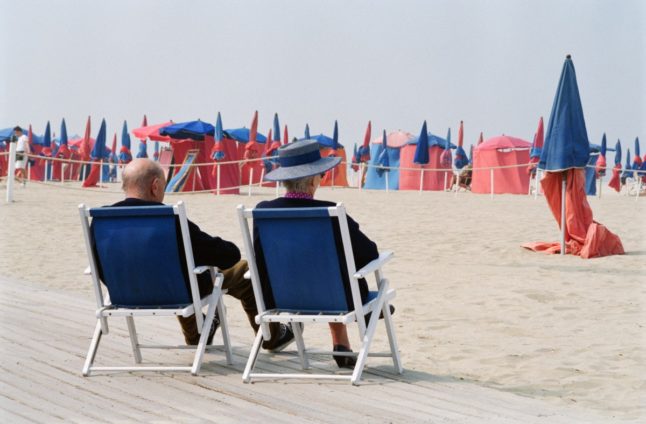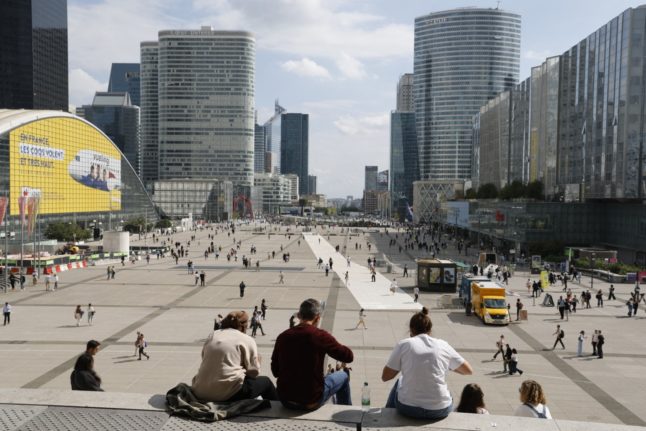La Belle Vie is our regular look at the real culture of France – from language to cuisine, manners to films. This newsletter is published weekly and you can receive it directly to your inbox, by going to your newsletter preferences in “My account”.
A few weeks ago, a book with a controversial title hit the shelves across France: La langue anglaise n’existe pas, C’est du français mal prononcé (the English language does not exist, it’s just badly pronounced French). The provocative claim has made waves on the other side of the ocean and Channel as well.
As such, The Local France’s editor Emma Pearson decided to read the book for herself and uncover whether or not the French linguist actually has a point.
Is the English language really just ‘badly pronounced French’?
We’re all probably familiar with the fact that French and English share a lot of words in common, plus a fair amount of faux-amis (false friends). I once told the older parents of a French friend that I was excited about a summer full of aventures. It was a bit embarrassing afterwards to learn that aventure is not ‘adventure’, but rather a way to talk about one’s sexual escapades.
But language is more than just words, non-verbal communication plays an important role. While there are some nearly universal gestures – like the middle finger – that can be understood everywhere, the French have some of their own.
8 common French gestures that need explaining
And of course – noises, moans and groans all have a role to play in French. My favourite is the way French people will simply blow a raspberry instead of pronouncing the words “Je ne sais pas” (I don’t know).
You can ask a fully grown adult a very simple question, and in return they will just blow a raspberry and shrug.
The nine noises that will make you sound like a true French speaker
I’m also partial to oh là là là là. I don’t know how English-speakers took this to have a romantic connotation – I’ve only heard it uttered in disbelief. It’s also equally used amongst different age groups. The four-year-old I used to nanny would say oh là là when a fresh batch of cookies came out of the oven, while my elderly neighbours always let out an oh là là when I have my hands full with groceries.
And speaking of older French people, France has a lot of them. According to a recent study, based on current trends there will be 200,000 people in France who are 100 years old or older by 2070.
France records growing number of supercentenarians
There are several different reasons that might contribute to long lifespans in France. Perhaps these statistics do not come as a surprise – France has long been touted as a great place to retire to.
But on top of that, France does a lot for older people. There are plenty of different schemes to help people stay in their homes longer, as well as programmes to keep people from becoming socially isolated.
The country also recently passed a law recently titled ‘Ageing well’ (loi bien vieillir), with even more steps to help support the elderly and their caretakers.
Even if you are not of retirement age, a lot of the reasons to move to France are the same. People mentioned healthier lifestyles, delicious and fresh food, as well as public services and transport networks.
Of the readers who responded to our survey, the biggest reason people move (and why people stay) was ‘a better quality of life’.
‘Our life is so much better here’ – Why do people move to France?



 Please whitelist us to continue reading.
Please whitelist us to continue reading.
Member comments